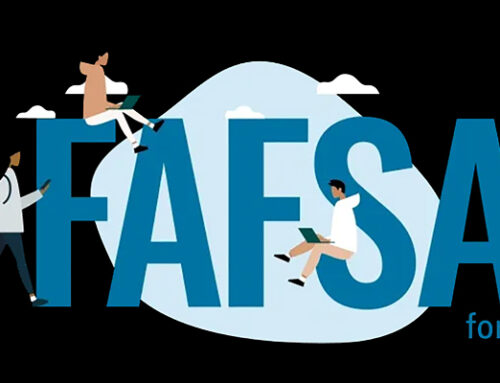Co-Authored with Matthew Andrews, PhD
 Everyday, take small steps to work for pay into the career of your dreams. Start by learning, volunteering, and working for pay early. A young middle schooler can begin to explore career interests by directing online study of any fields that catch their attention. Read online with the purpose of learning to do things that matter. If you enjoy cooking, cook and learn lots more online about cooking. If you like money, make money, and invest it as you study online with research and analysis. Unfortunately, too many students sit bored in classes, biding time rather than actively exploring and engaging in various activities with long-term benefits. Instead of suffering the drudgery of school, do your best in activities that make a difference in the world; this will hone your efforts toward fulfilling greater purposes in life.
Everyday, take small steps to work for pay into the career of your dreams. Start by learning, volunteering, and working for pay early. A young middle schooler can begin to explore career interests by directing online study of any fields that catch their attention. Read online with the purpose of learning to do things that matter. If you enjoy cooking, cook and learn lots more online about cooking. If you like money, make money, and invest it as you study online with research and analysis. Unfortunately, too many students sit bored in classes, biding time rather than actively exploring and engaging in various activities with long-term benefits. Instead of suffering the drudgery of school, do your best in activities that make a difference in the world; this will hone your efforts toward fulfilling greater purposes in life.
One mistake many students make early in high school is to focus solely on schoolwork, figuring they will explore career options when they graduate college. The conventional wisdom that college is the path to career success, leading to dream jobs with higher pay is called the Standard College Achievement Plan (SCAP). The SCAP is kind of like scrap and crap; it’s a necessary by-product of something great, such as a great project or great meal, respectively. Students need guidance in exploring career interests because waiting only delays optimal development and likelihood of thriving. Instead, stop focusing on college and try a new activity today; start early to advance into a career that pays returns more than one could imagine.
The general college and career approach in American high schools is internal examination, self-reflection for example. The College Board recommends (5 Ways to Find Career Ideas):
- Think about what you love: What sparks your interest?
- Identify defining experiences, achievements and challenges
- Create self-portrait with personal statements and portfolio of work
- Consider strengths and weaknesses
- Explore careers and major fields of study
However, self-reflection alone is not enough to work purposefully toward a dream career. Our team works individually with students to explore personal goals and insights much more than the general approach. In this blog, we show how our World Class Students make wise college and career decisions.
Prudent and sagacious discernment necessary for college and career planning
Prudence is effective theoretical and practical reasoning. Prudence is one of many virtues of a World Class Student; our refurbished concept of a Noble Prince for 2021. Younger children laugh as they call these traits of a “Padwan” from Star Wars while teenagers often insist these terms be non-binary and androgonous, so we are critical of the terms “true gentleman,” 君子 (jun zi) for Confucius, and Enkrateia for Plato’s students aiming to master four cardinal virtues of prudence, temperance, fortitude and justice. A student comes to understand the right action through deliberation, action that is both excellent and ethical, from the source of all beginnings to the end of everything. World Class Students are prudent.
What are examples of young people who are prudent and deliberate in exploring possible careers, future trajectories or callings? Simply said, take charge of your future direction, be proactive and reflective to initiate and persist with important tasks to accomplish desired outcomes.
Are you interested in a career in health, such as doctor, dentist, nurse or dietician? Begin by calling a health professional you know. Schedule a 15-minute conversation to learn more about the life of a health professional and what steps it takes to become one. You could then follow up by volunteering at a health clinic.
Have the entrepreneurial itch? Love to sell things? Just do it!
Inspired by Martin Luther King? Want to be a change-maker? Just do it!
Youth benefit tremendously from deep discussions about life. What are virtues? How do I live a better life? How do I fulfill my potential? What would be a good job for me? Adults also reap benefits from discussing virtues and life with youth, so we introduce new ideas into our conversations to optimize benefits for all. We invest in health and intervene early to reduce absenteeism and loss in work productivity. Help youth explore career interests.
Prudence may sound like an ancient value to many of us in 2021; boring, but important, so we conclude this post with insight from the late John Krumboltz who explained that Luck is No Accident. Krumboltz advises that students take advantage of the everyday opportunities and available network in order to explore career opportunities. Students are encouraged to create their own unplanned events, to anticipate changing their plans frequently, to take advantage of chance events when they happen, and to make the most of what life offers. Be deliberate, prudent, and responsive with happenstance in your own life.




